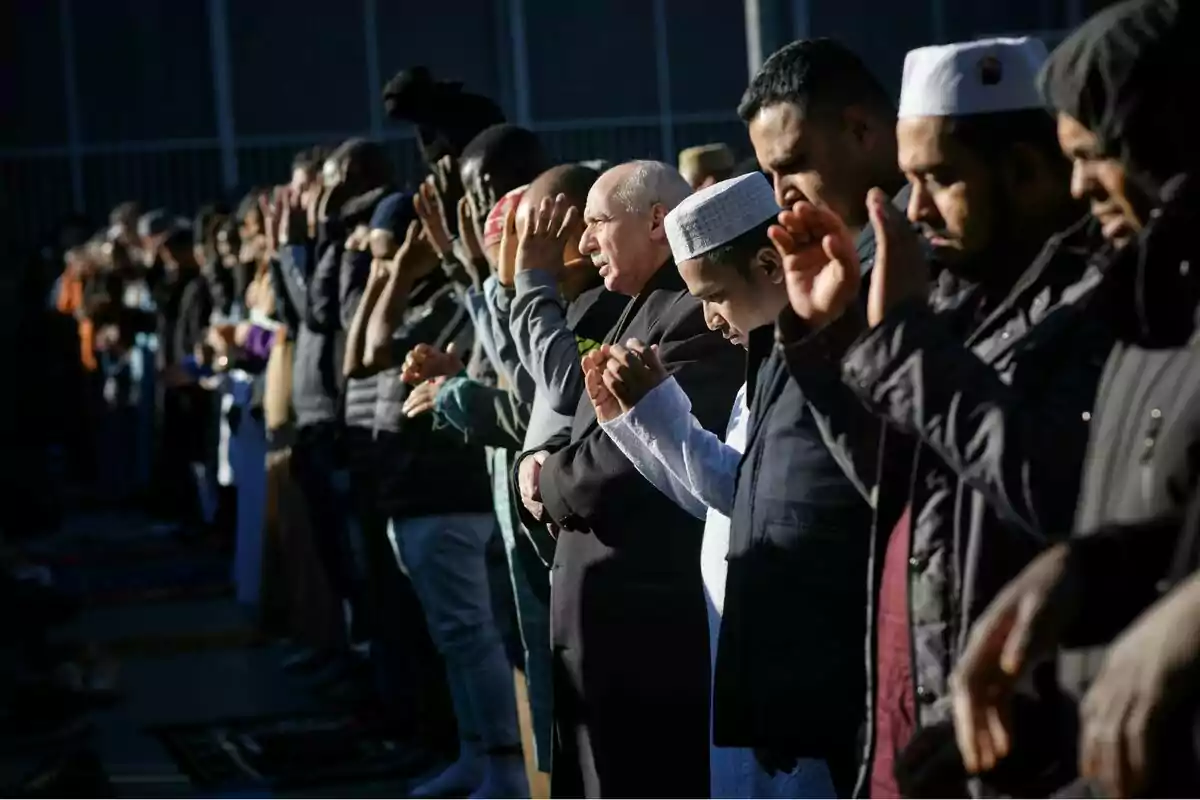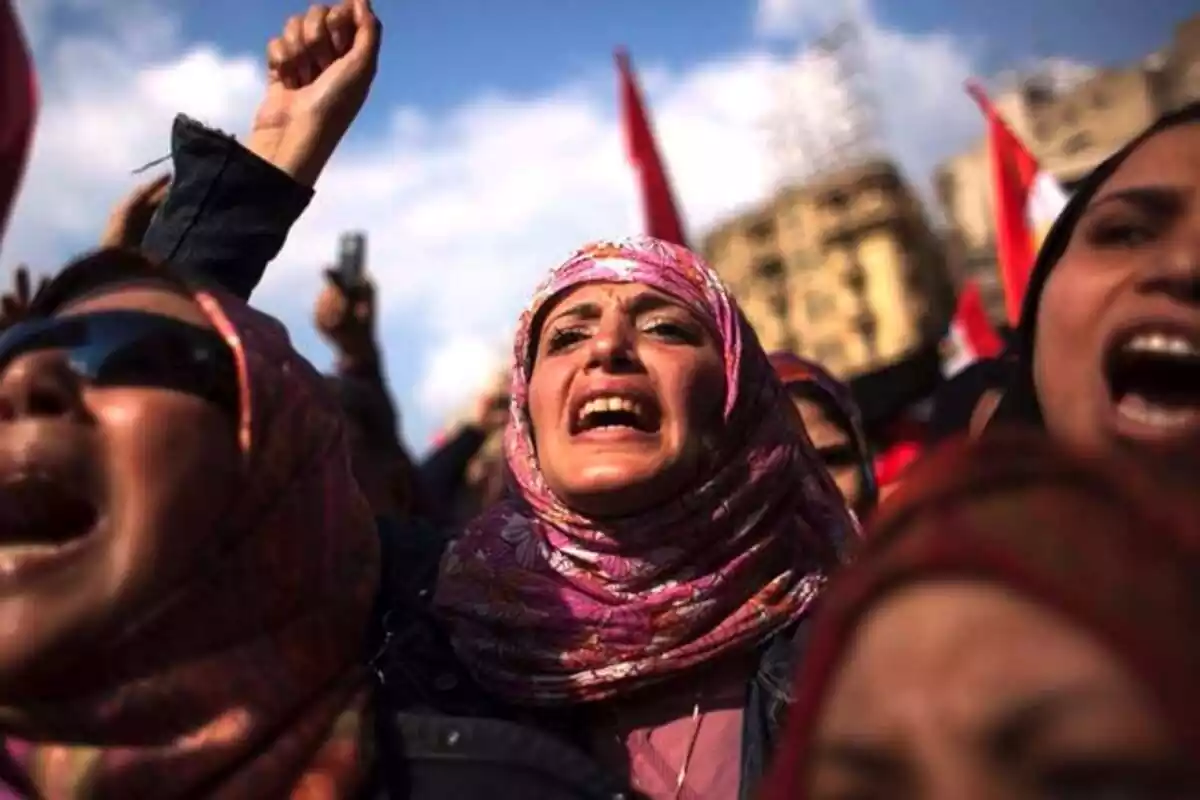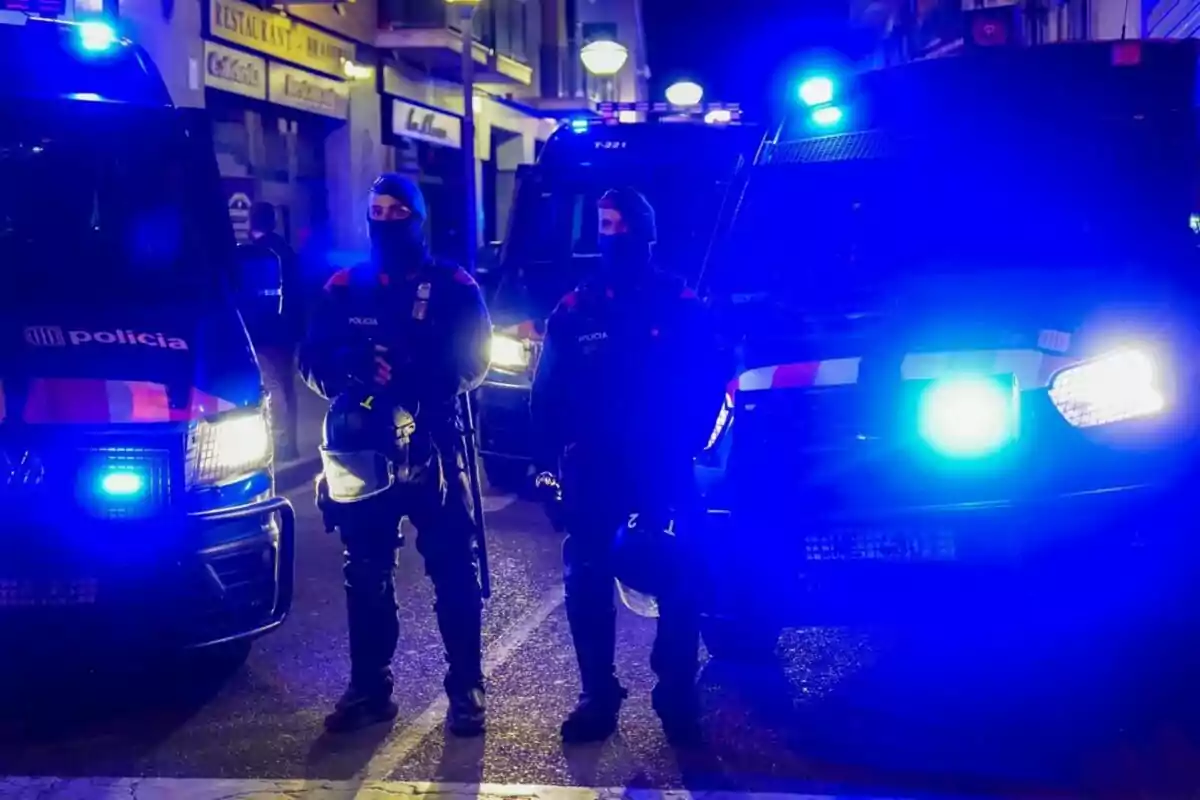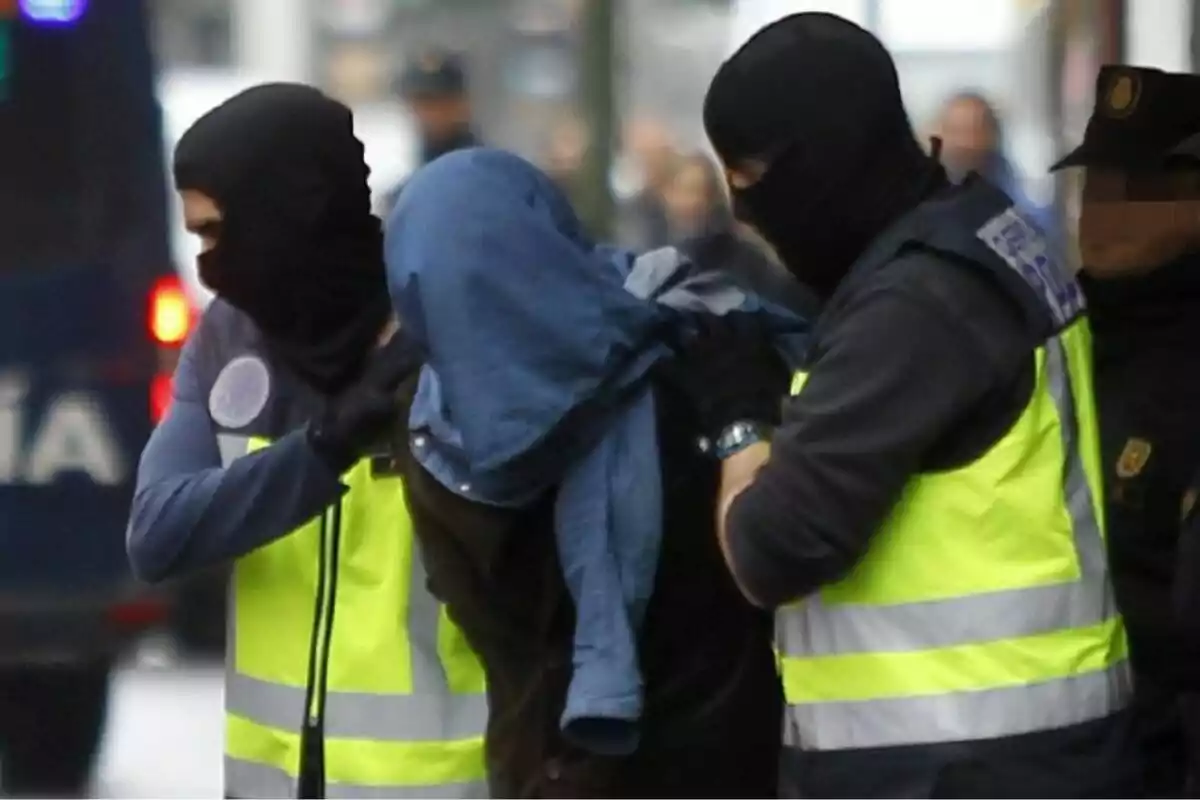
Muslim Brotherhood, the Islamist threat with tentacles in Barcelona
From terrorism to proselytism: Islamic radicalism takes advantage of ideological tolerance to infiltrate Europe
In recent days, the leak of an official report from the French Ministry of the Interior has once again brought to the table an issue that concerns several European countries. The document warns of the risk posed by the "Muslim Brotherhood" to national security.
Although this radical Islamic movement was born in Egypt in 1928, its influence has grown in various regions of the continent. In Spain, and particularly in Catalonia, this organization has extended its presence with a complex and increasingly sophisticated strategy.
International context: France and the threat of the Muslim Brotherhood
The French report indicates that the Muslim Brotherhood has managed to infiltrate cultural, sports, and social sectors, extending its agenda of establishing Islamic law. According to French authorities, this movement, which receives funding from Gulf countries such as Qatar, Kuwait, and Saudi Arabia, promotes a vision incompatible with Western democratic principles. In France, they have about 139 places of worship of their own and numerous other associations that operate under their direct or indirect influence.

Additionally, they have developed tactics to discredit their critics through accusations of Islamophobia or racism, thus hindering an open debate about their true reach. This approach, combined with their ideological flexibility and adaptation to the European context, has facilitated the Brotherhood's gaining weight in the Muslim community. This has occurred especially among young people through social media and new preachers:
Penetration in Catalonia: a strategic territory
In Spain, the reality is less visible but no less concerning. Catalonia, with a significant Muslim community, has become an important focus for the Muslim Brotherhood. Their strategy, less evident and more discreet than in other countries. In essence, it involves the creation and control of charitable organizations, cultural centers, and mosques that act as sources of influence.
One of the most prominent entities in the region is Islamic Relief, an NGO with roots in the United Kingdom but operating in cities like Reus, Lérida, and Girona. This organization has been highlighted in multiple reports for its links with the Muslim Brotherhood. In fact, it has been the subject of investigations by various European governments.
Although their leaders deny any connection with terrorist activities, Spanish police reports accuse them of financing training camps and logistically supporting jihadists. Their presence in Catalonia coincides with the growing alarm over the radicalization of young Muslims, in an area where Salafism controls a significant portion of the mosques.

Organizations and networks linked in Barcelona
The network of the Muslim Brotherhood in Barcelona extends beyond NGOs. Organizations like the Islamic League for Dialogue and Coexistence (LIDCOE), the Islamic Cultural Center of Clot, and the Annour Islamic Community of Ripoll are linked to the Federation of Islamic Organizations in Europe (FIOE), the European arm of the Brotherhood. According to CNI reports, the Islamic Cultural Center of Clot received a grant of 300,000 euros from Qatar, which shows the connection with the Persian Gulf.
These centers not only serve for religious worship but also function as nuclei of ideological, social, and cultural dissemination. Indeed, after the 2017 attacks in Las Ramblas and Cambrils, the Salafist influence was partially displaced by the Brotherhood. Their strategy, therefore, uses charity and education to gain legitimacy and attract followers.
Risks and police monitoring
The Spanish police keep a high level of anti-terrorist alert in Catalonia, especially after the expulsions of several individuals linked to radicalism. Although the Muslim Brotherhood doesn't openly promote violence, their danger lies in building an ideological environment that legitimizes their ideas. All this aside from fostering radicalization in the medium and long term.
In this regard, authorities closely monitor the activities of the Islamic Cultural Center of Clot, its director Salem Ben Amara, and the imam Sheikh Mahmud, considered key figures for the Brotherhood's expansion in the region.

The influence of the Muslim Brotherhood in Catalonia, ultimately, is part of a global strategy of the organization to implant an Islamist vision. Without openly resorting to violence, it seeks to transform the social and political framework through social action. All this is in collusion with the tolerance of progressive political and media elites.
More posts: